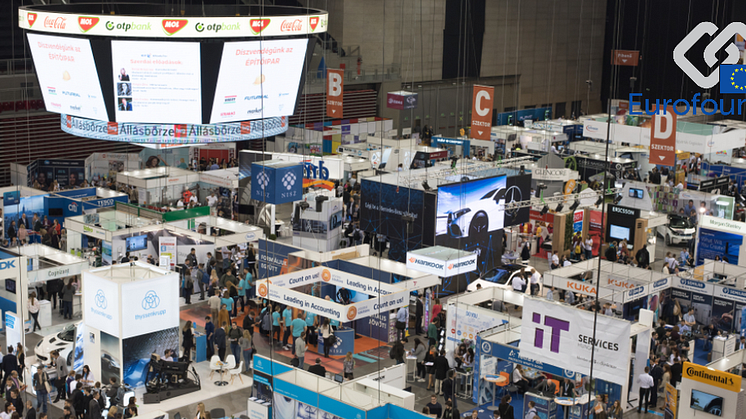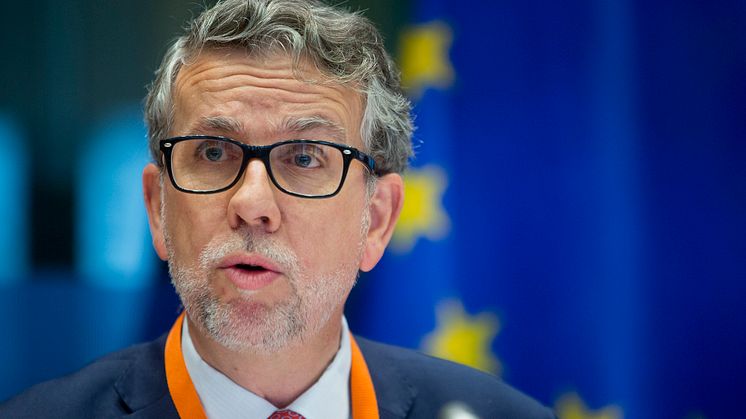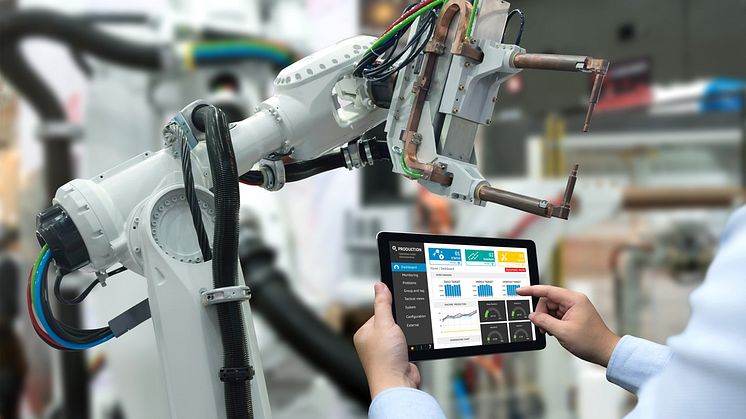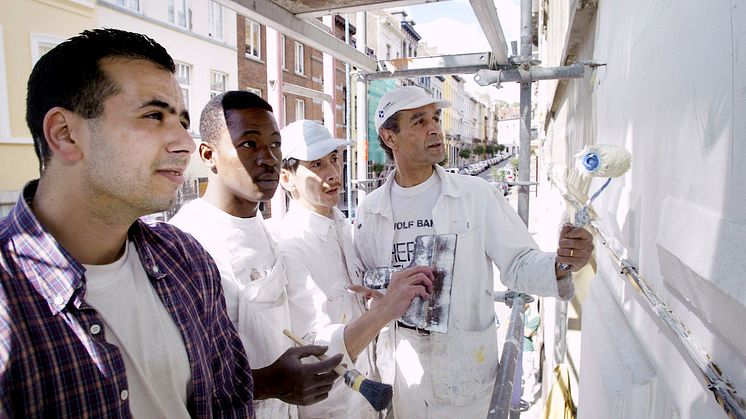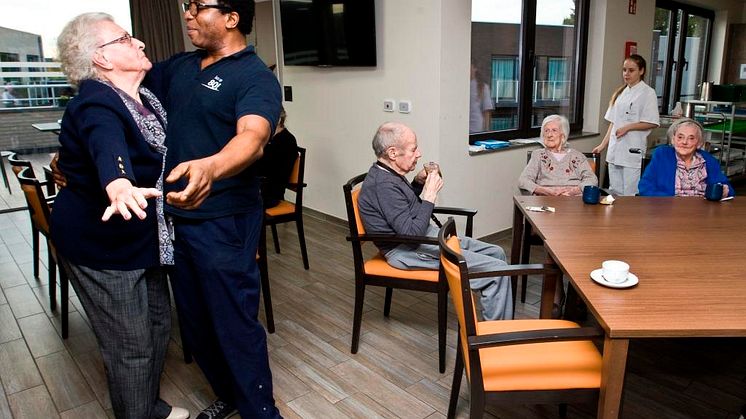The challenge of plenty: Tackling labour shortages in the EU
Unemployment in the EU is continuing to fall, with the rate approaching its 2008 low point. This is good news: the Europe 2020 target of 75% employment in the working age population is now in sight for many Member States. However, as unemployment reaches new lows, the opposite problem is emerging – labour shortages
